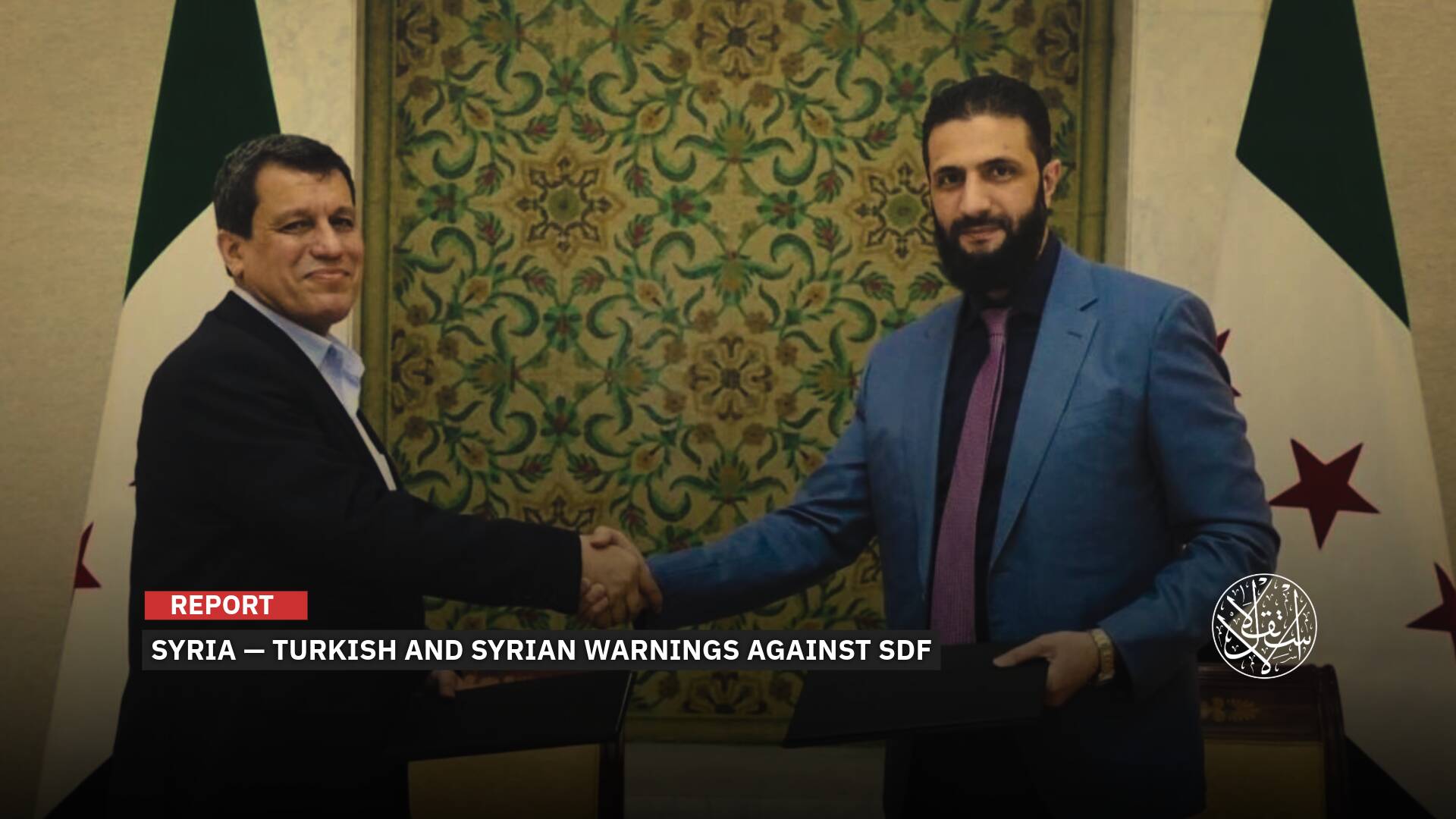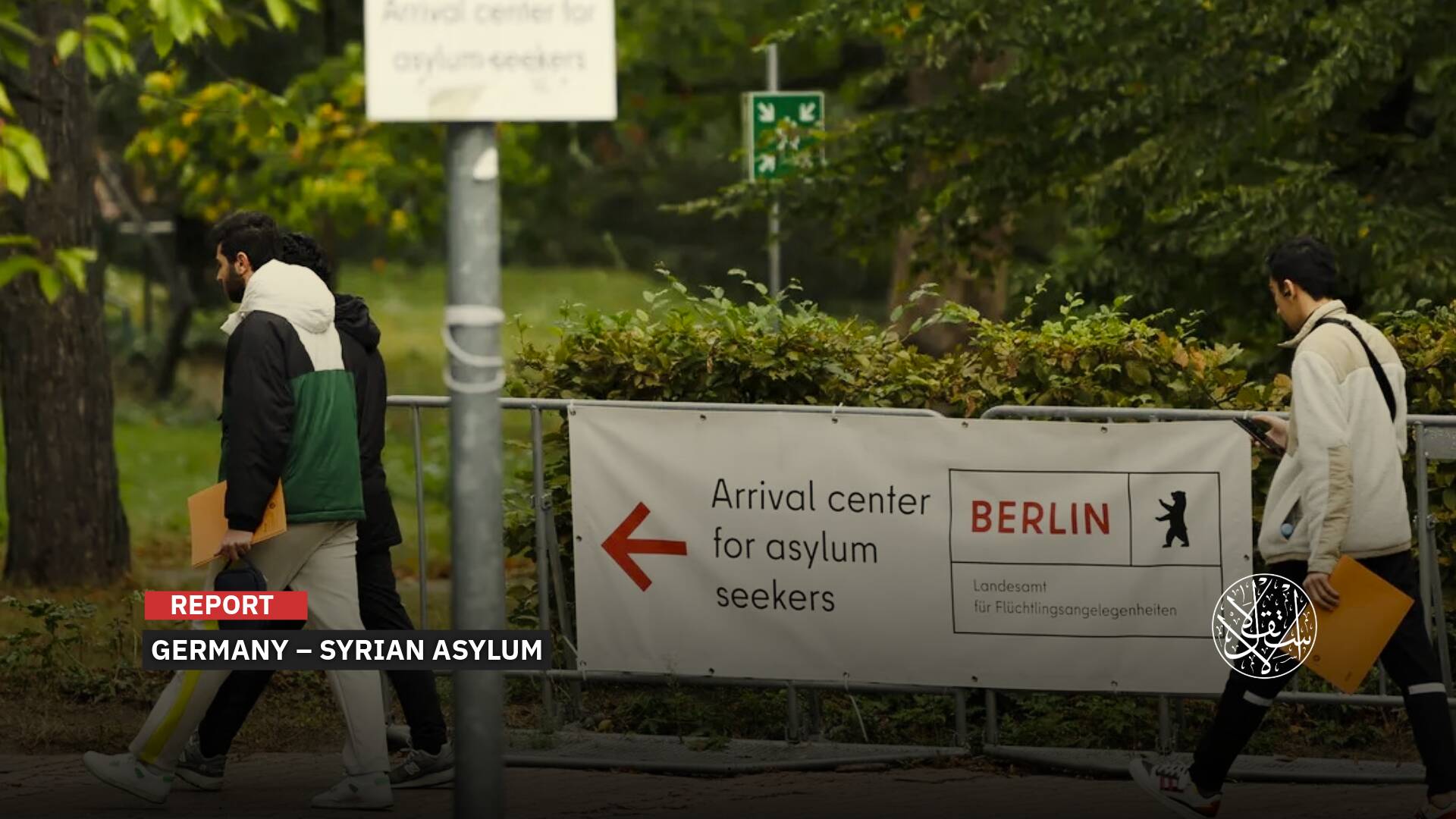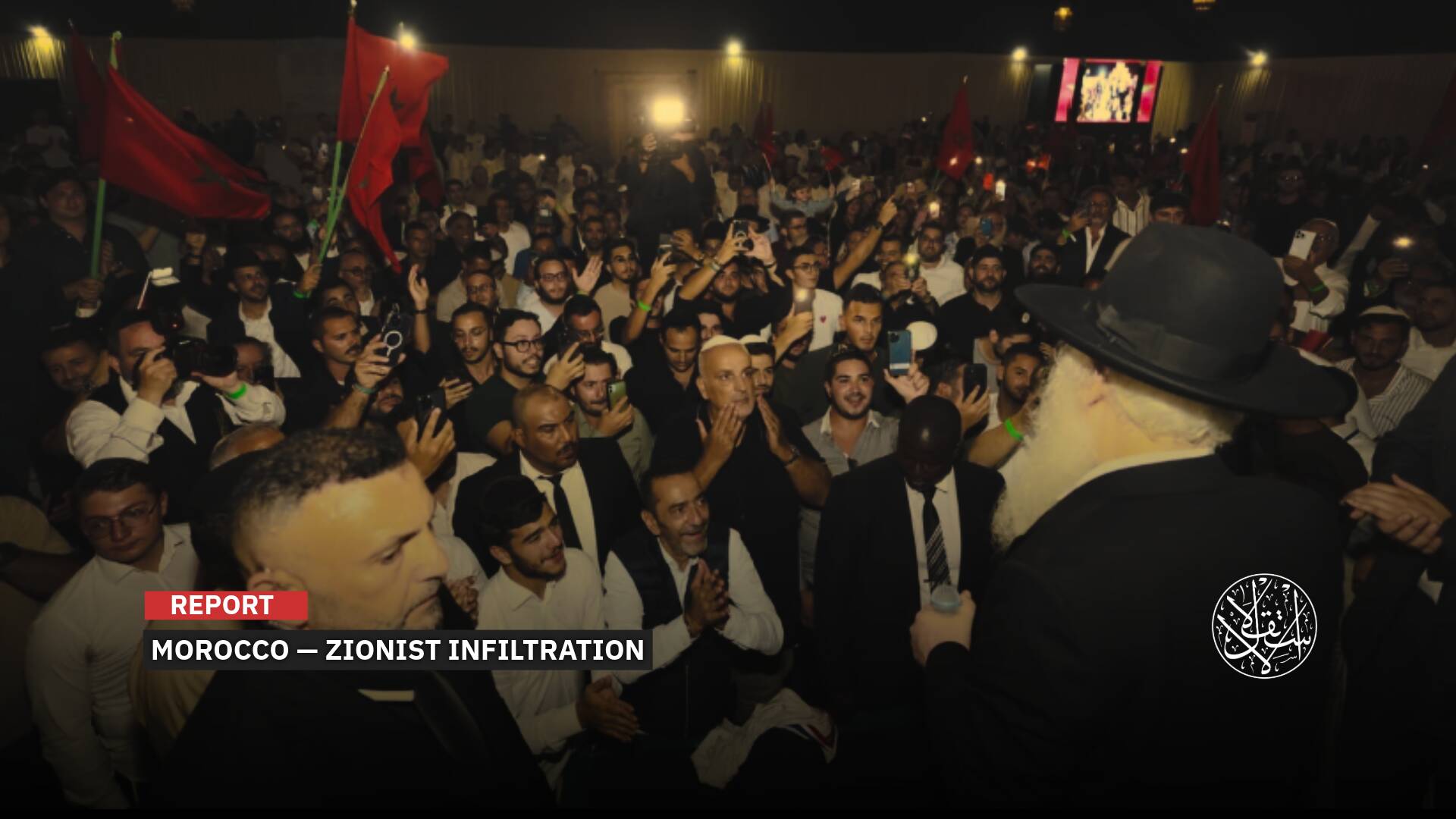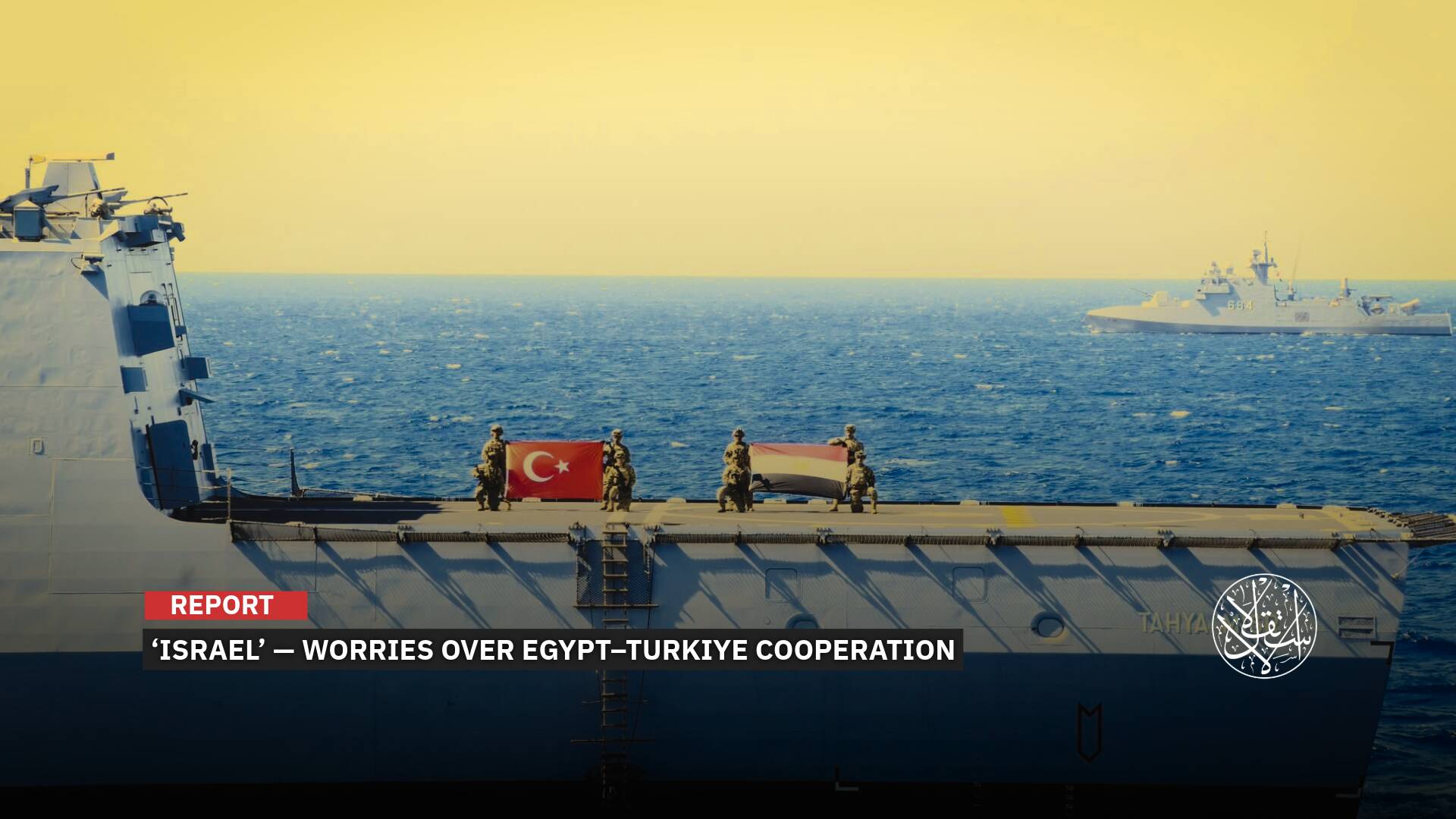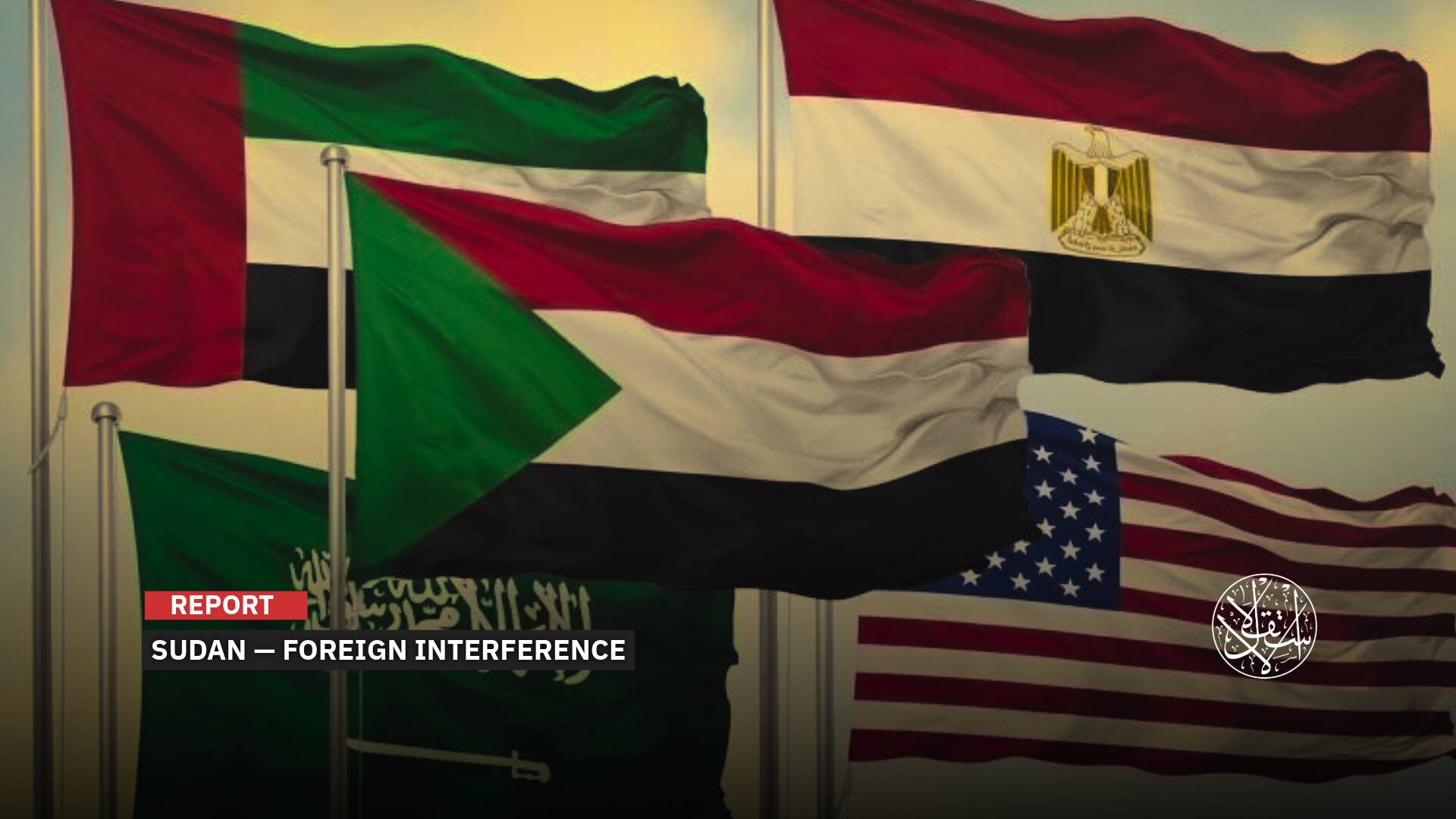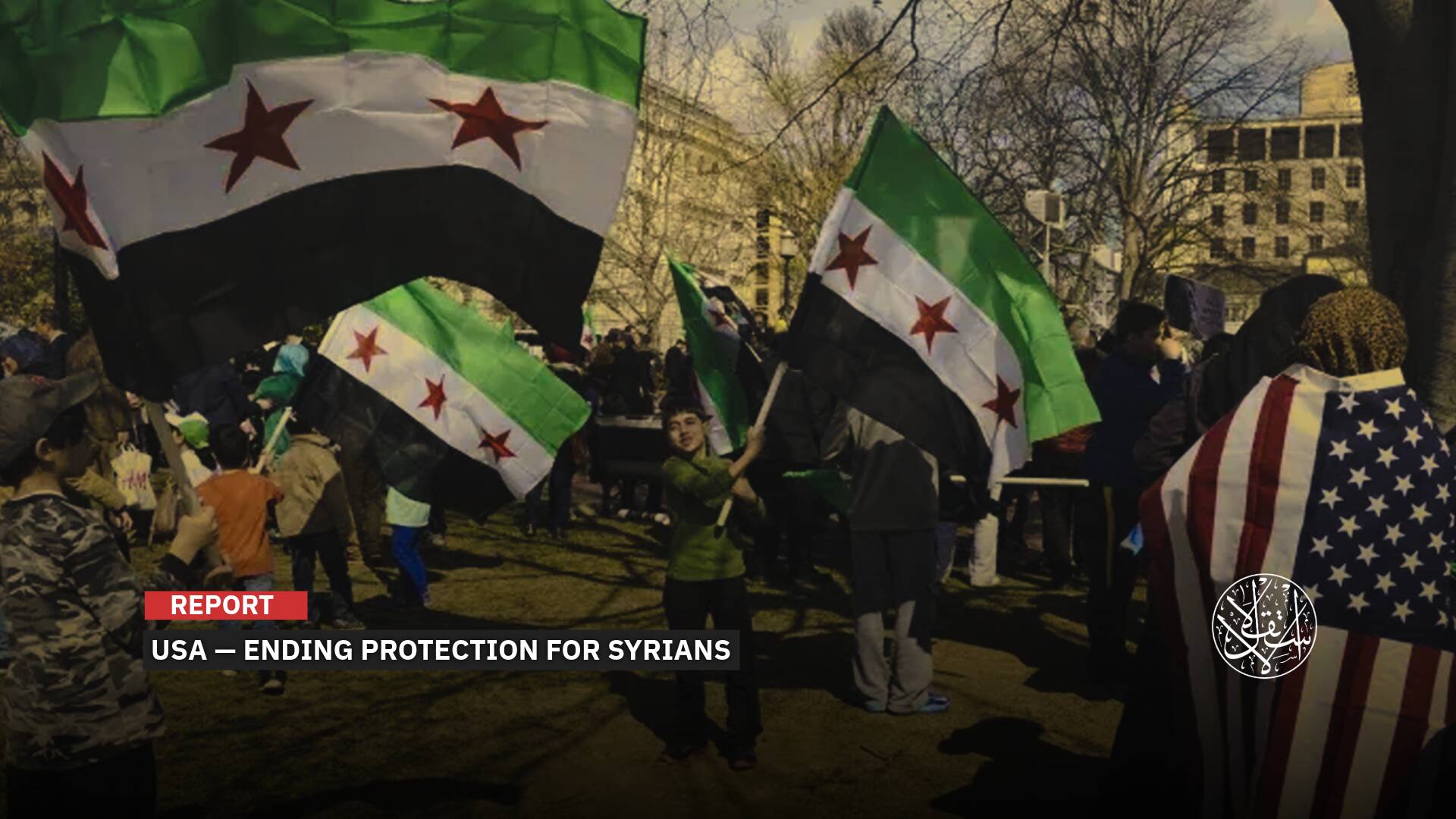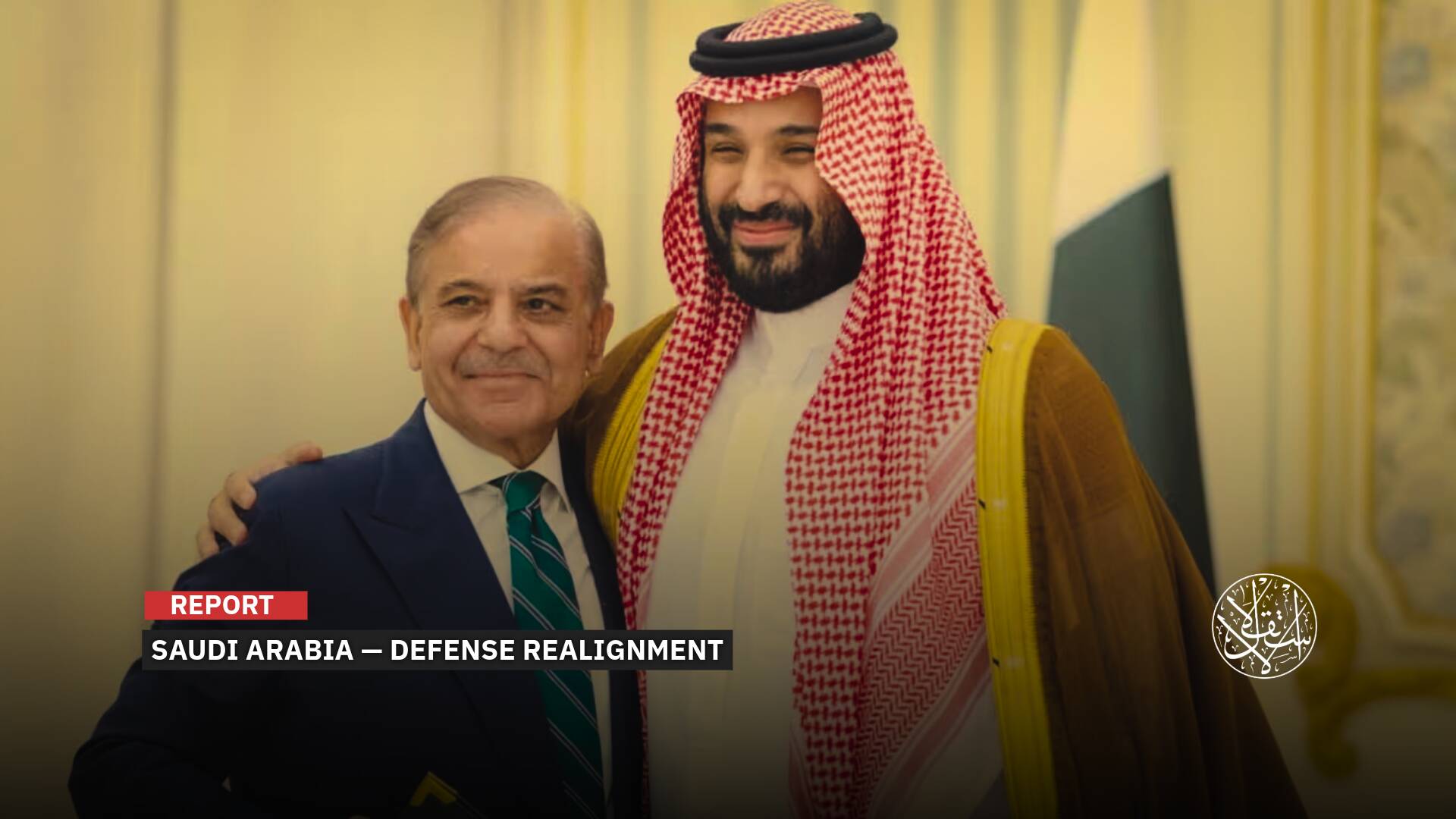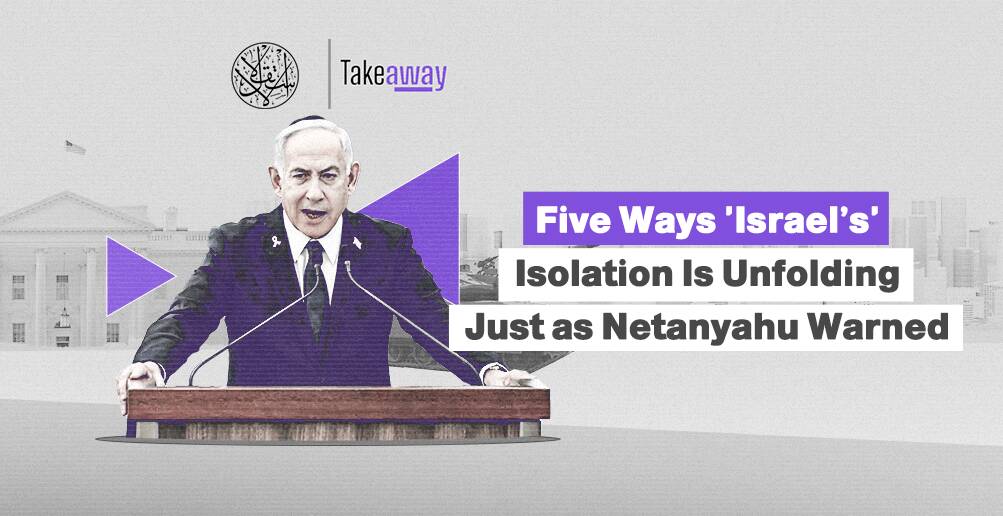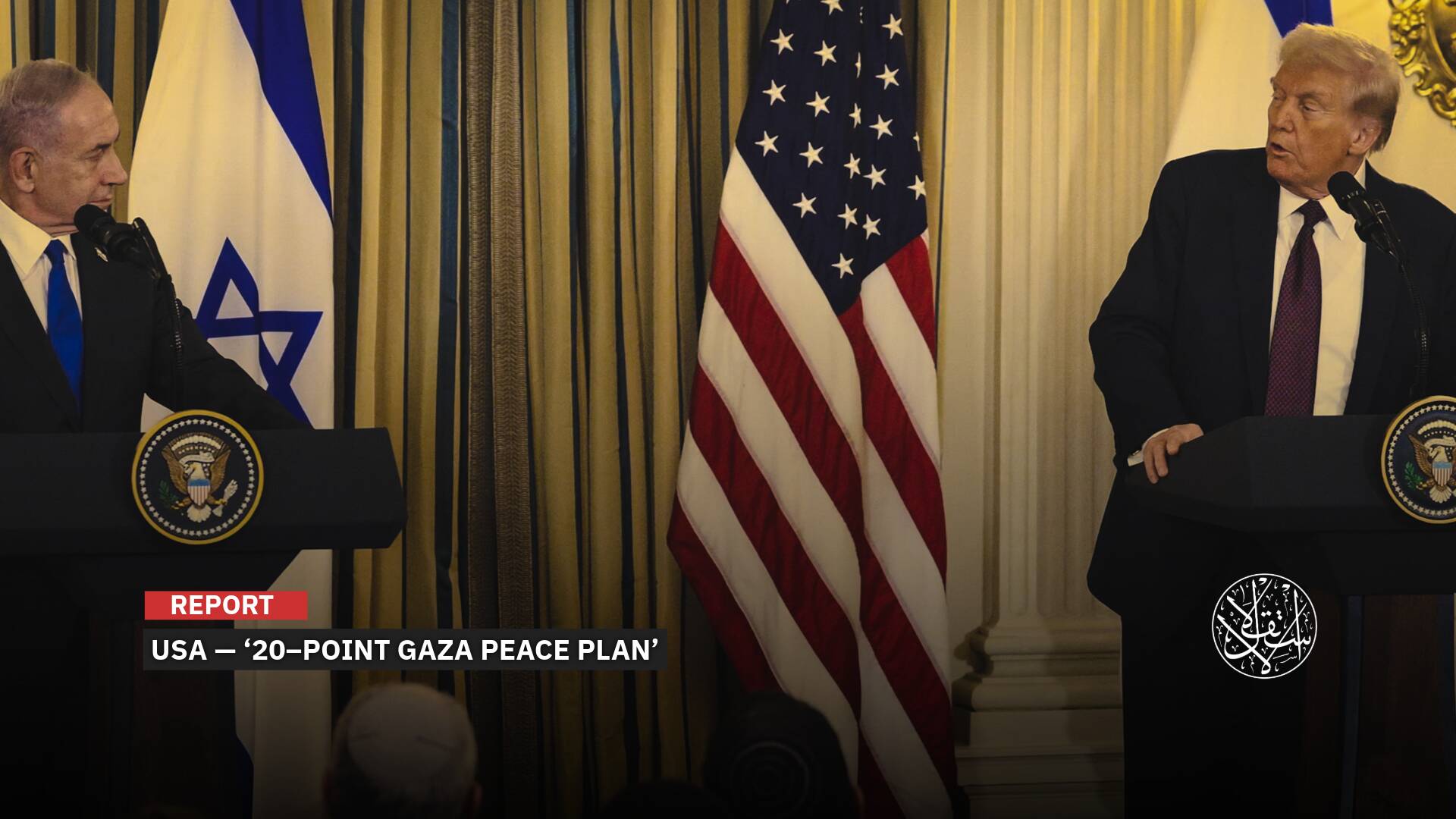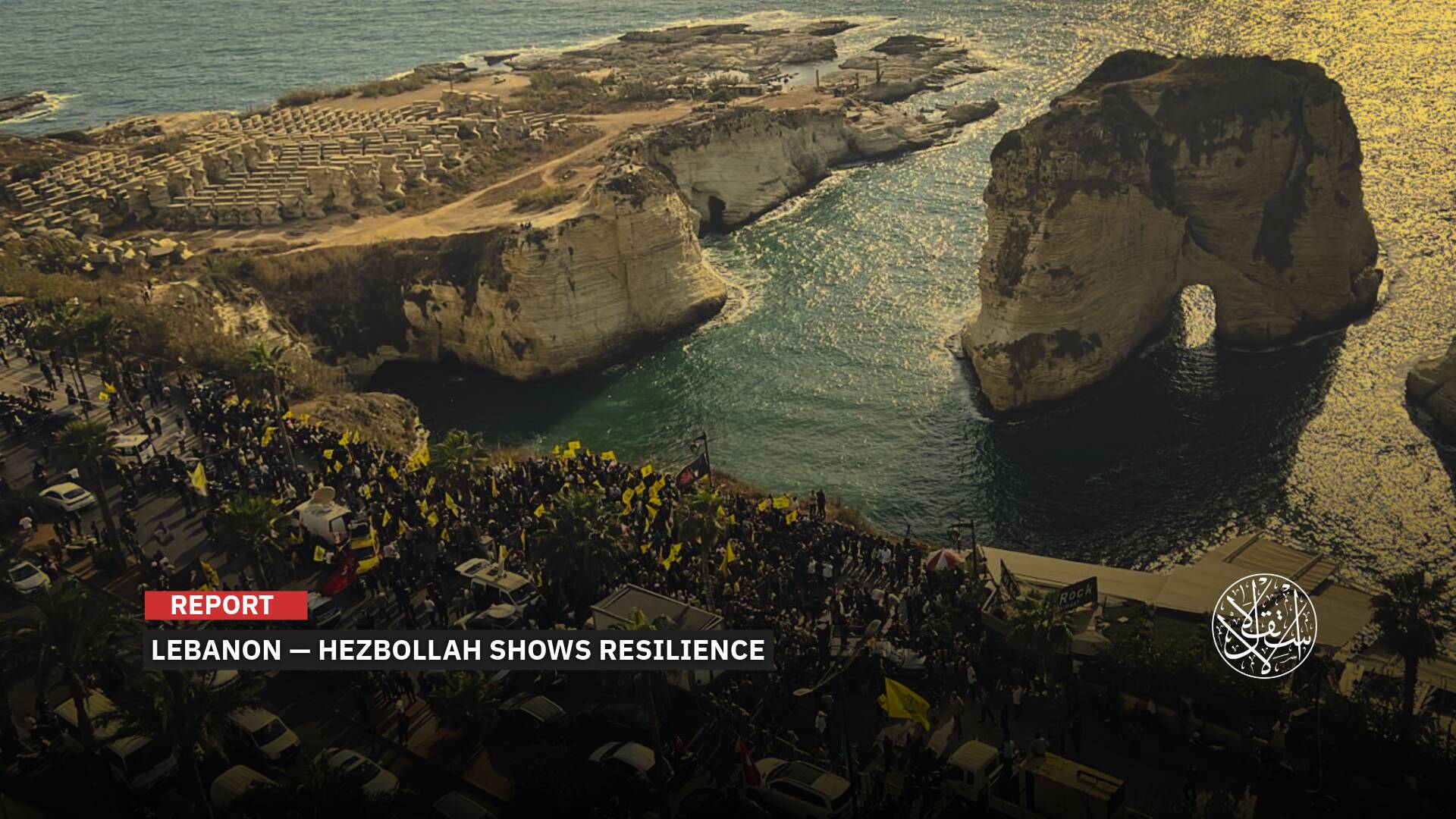How Trump and Musk Risk Reopening the Wounds of Apartheid in South Africa

“Trump recently halted $440 million in U.S. aid to South Africa.”
US President Donald Trump has punished South Africa by cutting off financial aid, prompting the African nation to denounce what it considers a disinformation campaign against it.
There are two reasons behind this row: Elon Musk, the influential American billionaire in the Trump administration, and Israeli Prime Minister Benjamin Netanyahu.
In 2023, Washington pledged to provide nearly $440 million in aid to South Africa, according to the latest data released by the US government, most of which went to the HIV/AIDS program.
Trump’s Claims
The White House said on February 7 that US President Donald Trump had signed an executive order to cut off financial aid to South Africa.
It explained that the order aims to address what it called horrible actions in South Africa regarding the confiscation of agricultural lands from ethnic minorities, referring to white farmers and landowners.
It added that Washington would also develop a plan to resettle white South Africans (Afrikaners) and their families as refugees.
Trump gave his attack a racial dimension, presenting himself as a defender of whites everywhere, as the South African press described it, in an attempt to boost his popularity among his conservative base.
He said, without citing evidence, that South Africa confiscates land and that certain groups of people are treated very badly.
But Washington’s reasons for this move were not only economic, but also came in response to South Africa’s international positions, and its audacity to file a lawsuit against “Israel”, which Trump considers harmful to the foreign policy of the United States.
“South Africa has taken aggressive positions towards the United States and its allies, including accusing Israel, not Hamas, of committing genocide in the International Court of Justice,” he said.
Trump's executive order also referred to South Africa's ties with Iran, which has a rivalry with Washington in the Middle East.
South Africa is part of BRICS, an alliance of major developing countries including Brazil, Russia, India and China, that is attempting to challenge the political and economic power of the wealthier nations of North America and Western Europe.
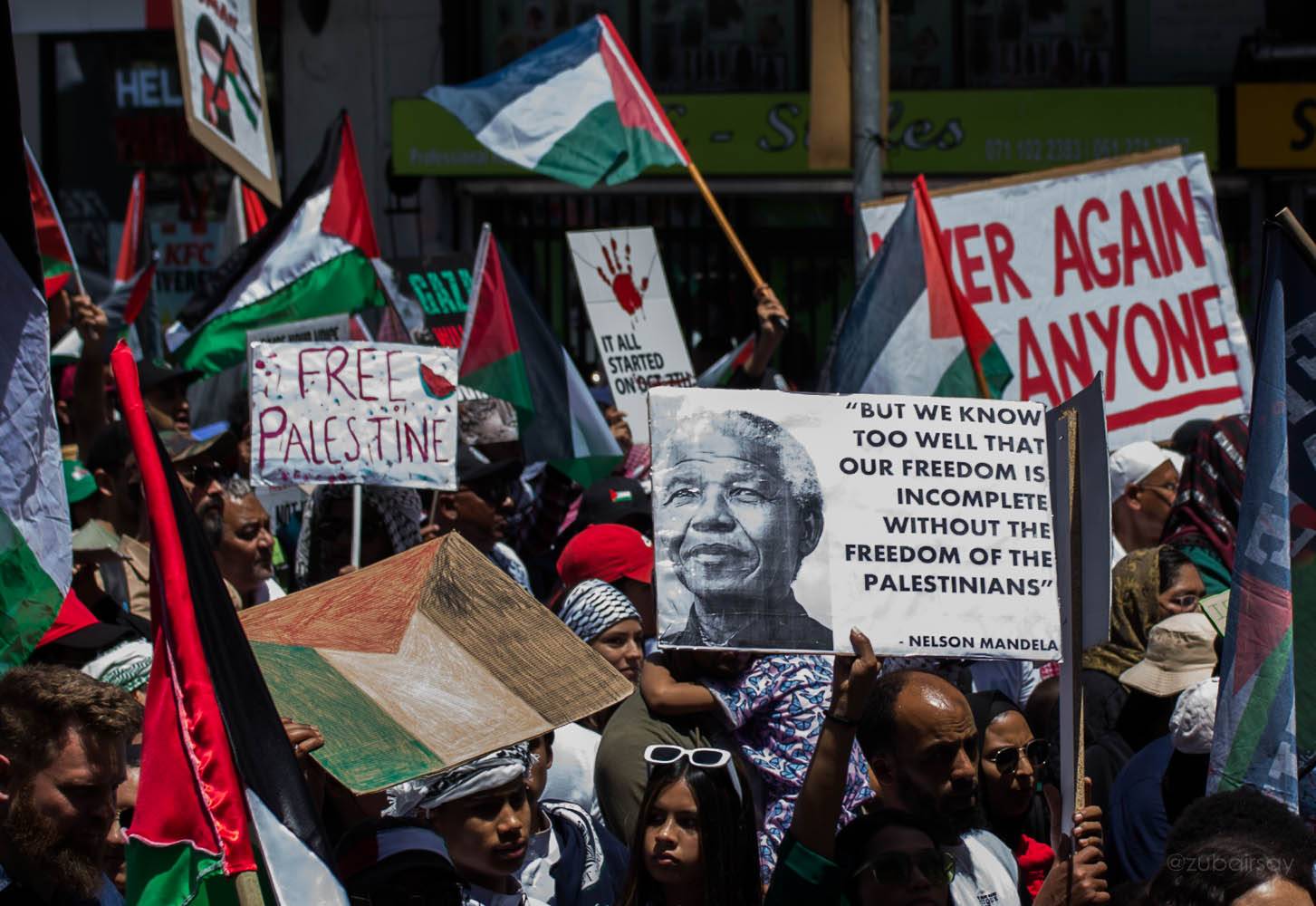
Racial Inequality
Afrikaners, a term given to white people descended from the old Dutch and French settlers, who own 70% of the country's agricultural land and represent about 4% of South Africa's population, while whites make up about 7% of the country's total population.
Blacks make up 81% of the population, but they own only 4% of agricultural land in a country where this issue remains one of the most complex issues since the era of Dutch and British colonialism, and then the apartheid regime that lasted for nearly half a century before ending in 1994 with the election of Nelson Mandela as president.
The above has reinforced the wealth gap and racial inequality that still exists in South Africa today, making the country one of the most unequal countries in the world, according to the Gini index for measuring inequality.
With the worsening economic crisis in recent years and the decline in the popularity of the ruling African National Congress, the issue of agricultural land has returned to the forefront as one of the most prominent issues that reflects the roots of deep economic inequality in the country.
In this context, President Cyril Ramaphosa signed the Expropriation Act last month, which gives the state broader powers to acquire land for public benefit, such as infrastructure projects and building schools, with compensation paid in most cases to white owners.
Contrary to what some parties are promoting, the law does not aim to transfer land to blacks, but rather seeks to correct the legacy of historical discrimination that has accumulated over decades.
President Ramaphosa defended his country’s land policy after Trump’s decision, saying that the government had not confiscated any land and that the policy was aimed at ensuring that people had access to land fairly.
“The South African government has not confiscated any land, as the law aims to address racial disparities in land ownership that have persisted since the end of apartheid in 1994,” he said.
For its part, the South African Ministry of Foreign Affairs described the decision as inaccurate, based on a misinformation and propaganda campaign, and does not acknowledge South Africa’s painful history of colonialism and apartheid.
“Granting refugee status in the United States to a group that remains among the most economically privileged in South Africa contrasts with Trump’s hardline policies towards refugees from other parts of the world,” it noted.
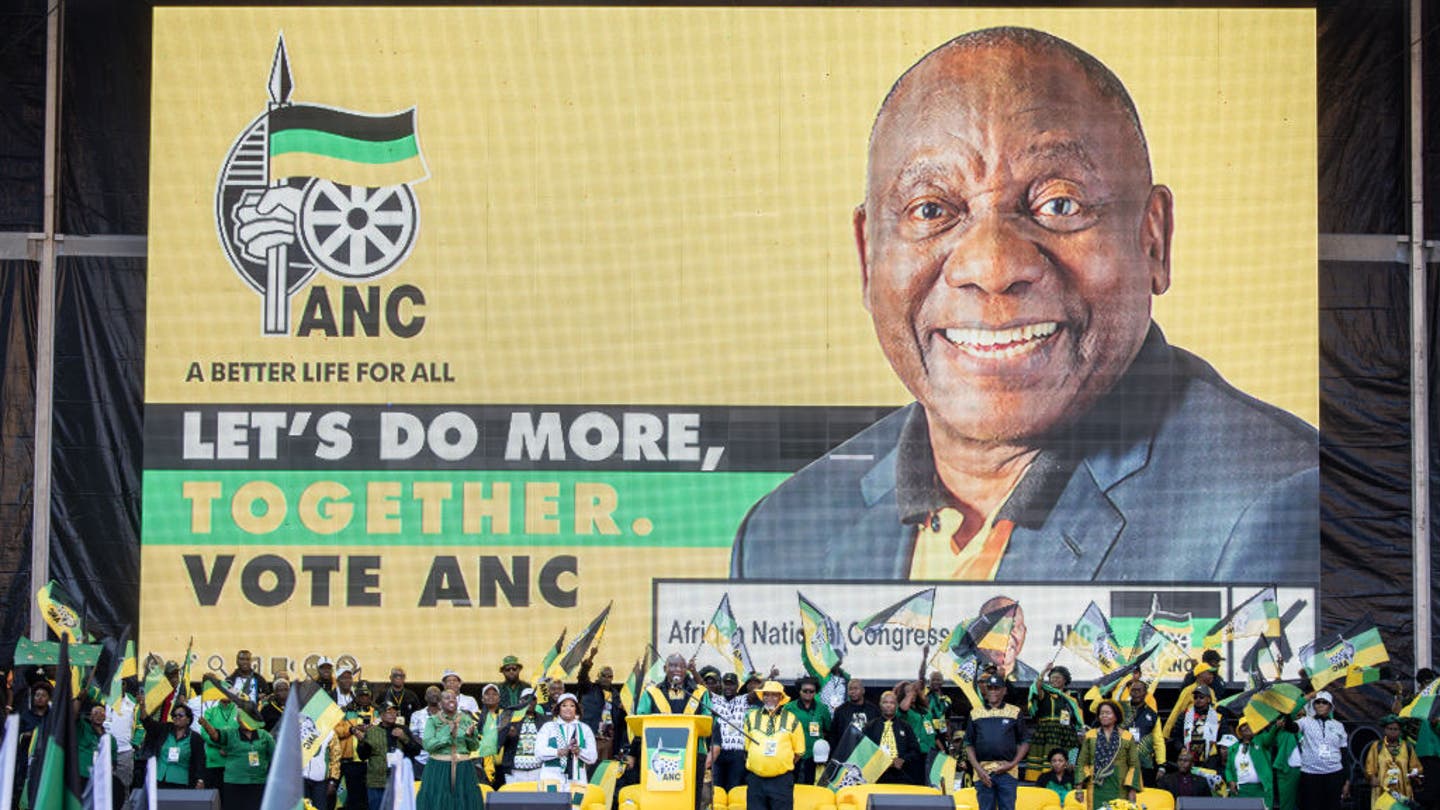
In addition, Afrikaner groups, which have long pressed Republicans to speak out about alleged persecution, have rejected the idea of fleeing to the United States as refugees.
Flip Buys, chairperson of the South African Solidarity Movement, a lobby group that claims to represent two million Afrikaners, publicly denied Trump’s claims.
“We have not accused the government of large-scale racial land grabbing, or spreading false information about it,” he said at a joint news conference.
“We have not asked for and will not ask for sanctions on South Africa, or for the cutting off of funds to vulnerable people by the US government,” he added
For his part, Kallie Kriel, CEO of AfriForum, an Afrikaner-led lobby group, said that if white citizens were granted asylum in the United States, their cultural identity would be lost, a risk they would not take.
“We are indigenous to this country, we are not going anywhere,” he added.
Representatives of Orania, an Afrikaner-only enclave in the heart of the country, also rejected Trump's offer, saying: “Afrikaners do not want to be refugees. We love our country and we are committed to it.”
Expansionist Ambitions
Alongside Trump’s claims of unfair racial discrimination against Afrikaners, American billionaire Elon Musk has emerged as one of the factors influencing American retaliation against South Africa.
In turn, South African-born Musk said that “whites in South Africa were victims of racist property laws.”
Musk is not only the CEO of Tesla and SpaceX, but also a prominent figure in what is known as “The PayPal Mafia,” a network of wealthy people belonging to the white elite in South Africa.
David Sacks, another major figure in Musk’s inner circle, was born in Cape Town and raised in the privileged world of the white South African diaspora, while Roelof Botha, the former CFO of PayPal, has an even more direct connection to apartheid’s old guard.
These men are not outliers. They are the modern heirs of a colonial project that was never truly dismantled, and they are today using their wealth and influence to protect its legacy and ensure that the land remains in the hands of the white minority.
According to Foreign Policy magazine, the issue is not limited to political calculations only, but extends to economic interests and expansionist ambitions that Musk seeks to achieve on the African continent.
In recent months, Musk has been seeking a license to operate Starlink in South Africa, but he has clashed with the country’s laws that require at least 30% local ownership under the Black Empowerment Act.
Instead of complying with local laws, Musk has publicly attacked South Africa, alleging that it has explicitly racist laws, according to a post on his X platform.
But Foreign Policy magazine sees Musk fighting a broader battle on the African continent, where Starlink operates in more than a dozen African countries, but faces growing complaints of unfair competition because it does not employ any locals.
If Musk complies with the laws in South Africa, he may be forced to comply with similar demands in Kenya and other African countries, which could expose his business model there to further legal and regulatory challenges.

The impact of Musk's business interests on US foreign policy has prompted Senator Chris Murphy to respond sharply to a post by US Secretary of State Marco Rubio, who announced that he would not attend the G20 summit in Johannesburg, echoing Trump’s claims that South Africa is doing very bad things.
In his comment on this situation, Sen. Murphy clearly stated: “Our foreign policy is now just billionaire business tactics. What a heartbreaking corruption.”
In turn, political writer Said Elhaj explained in a statement to Al-Estiklal that “Trump decided to punish South Africa for trying to correct historical distortions, portraying white landowners as victims.”
“The irony is that Trump himself, who opposes fair land redistribution in South Africa, has spent his political career supporting and justifying the Israeli occupation of Palestinian land for decades,” he denounced.
“Trump is not acting alone. Behind him stands a coalition of billionaires with strong ties to the apartheid regime in South Africa, as well as the pro-Israel lobbies, both of whom have long invested in maintaining systems of racial superiority,” said Dr. Elhaj.
Sources
- South Africa does have a history of racist land inequality. Just not in the way Trump and Musk are portraying
- Why Trump and South Africa Are at Odds
- ‘White supremacists in suits and ties’: the rightwing Afrikaner group in Trump’s ear
- Trump vs. South Africa
- From South Africa to Palestine: Trump's war to defend apartheid



